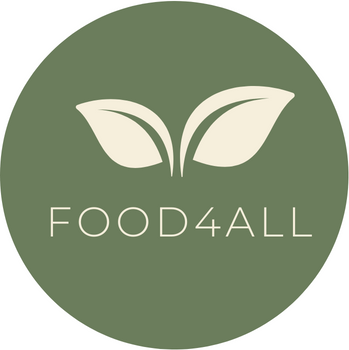Global food security is a complex challenge that requires recognition of the interconnectedness of communities and nations around the world. The actions and circumstances in one region can have far-reaching effects on the ability of other regions to secure an adequate and nutritious food supply. Here are key aspects highlighting this interconnectedness:
1.Supply Chains and Trade:
- Global food supply chains are intricate, involving the production, processing, and distribution of food across various countries.
- Trade agreements and international commerce influence the availability of diverse food options for different regions.
2.Climate Change Impact:
- Climate change affects agricultural productivity globally, leading to shifts in food production and availability.
- Extreme weather events, such as droughts and floods, can disrupt food supplies and impact prices worldwide.
3.Economic Interdependence:
- Economies are interconnected, and fluctuations in one part of the world can influence global food prices.
- Economic stability in one country can positively or negatively affect the ability of others to invest in sustainable agriculture.
4.Conflict and Migration:
- Political instability and conflict in one region can lead to the displacement of populations and disruption of food systems.
- Refugee movements affect both the region of origin and the areas where people seek refuge, impacting local food security.
5.Technological Transfer:
- Advances in agricultural technology and knowledge are often shared globally, influencing farming practices and productivity.
- Innovations in one country can have ripple effects, improving agricultural efficiency worldwide.
6.Knowledge Exchange:
- International collaboration allows for the exchange of agricultural expertise and research, contributing to better farming practices globally.
- Shared knowledge helps countries address common challenges and build resilience against food security threats.
7.Global Cooperation:
- Initiatives and agreements at the international level, such as the United Nations’ Sustainable Development Goals (SDGs), emphasize the importance of collaborative efforts to achieve global food security.
- Global organizations and forums facilitate cooperation on issues like food distribution, nutrition, and sustainable agriculture.
8.Environmental Conservation:
- Conservation efforts in one region contribute to maintaining biodiversity, which is essential for global food security.
- Sustainable land and water management practices in one area can inspire and inform practices in other regions.
9.Pandemic Preparedness:
- The COVID-19 pandemic highlighted the vulnerability of global food systems to disruptions.
- Collaborative efforts are essential to ensure the resilience of food systems in the face of future crises.
10.Cultural Exchange:
- Cultural diversity in food preferences and consumption patterns contributes to the global demand for a variety of crops and products.
- Appreciating and respecting cultural differences enhances global food security efforts.
Recognizing the interconnectedness of communities and nations underscores the need for collaborative and coordinated action. Addressing global food security requires a collective commitment to sustainable practices, equitable access, and the well-being of all people, irrespective of geographical boundaries. Understand the impact of global events on local food security.
